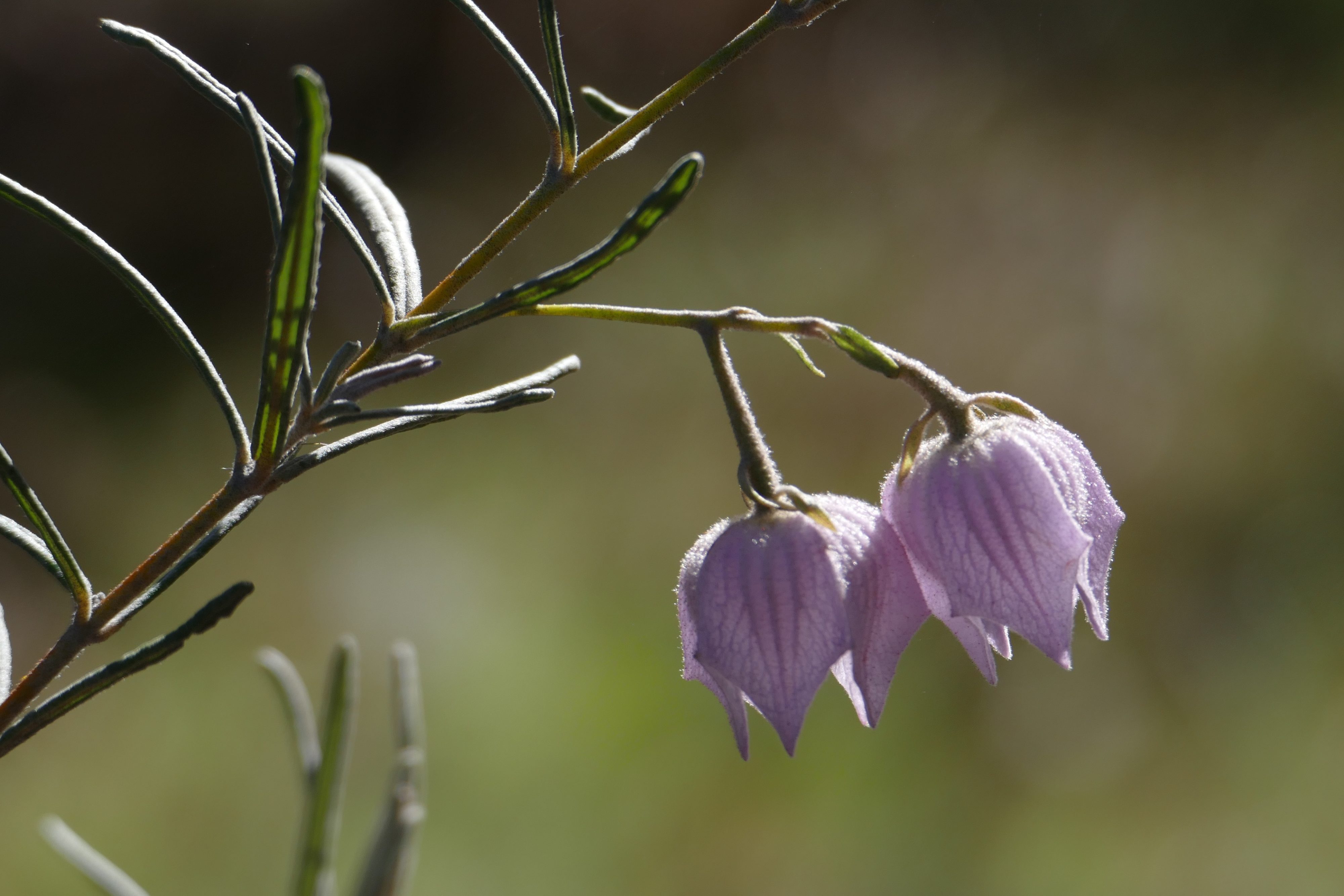15,000 kilometres from LA there is a different Hollywood. Most West Australians know of its hospital/s and/or its schools. Only a few know its petite bushland.
Yesterday – on a glorious sunshiney day, sandwiched between July’s winter squalls – we visited one of Perth’s “secret” gems.
Hollywood Reserve is a little sliver, saved by community outrage at the prospect of it being cleared in favour of yet more tombstones.
So, Karrakatta Cemetery did not devour it, and – thanks largely to a lot of ongoing volunteer effort – this degraded-but-worthwhile pocket bushland is becoming progressively healthier, more like its “natural” state.
That “natural” state, of course, was profoundly affected by the humans who had already lived in southwestern Australia for many thousands of years before 1829.
Southwestern Australia’s spring wildflower explosion is still a few weeks away from Perth, but the city’s bushy places are already colourful, pollen-rich, abuzz.
All photos taken on Sunday July 30, 2017.
I am almost certain that the plant atop this post (and immediately below this sentence) is one of the Guichenotia – a genus endemic to WA’s southwest.
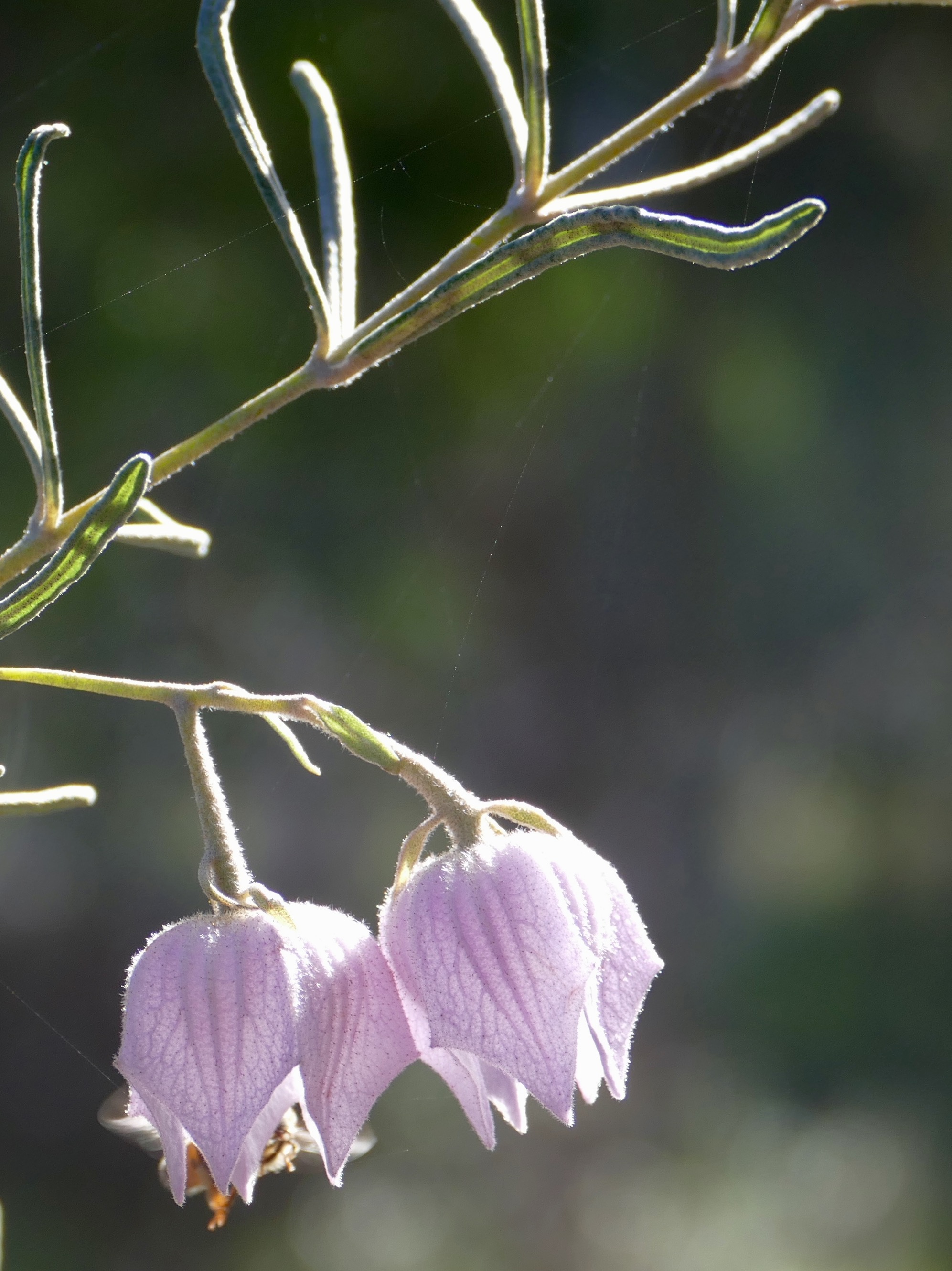
Currently feasting at Hollywood (most especially on the now-spectacularly-pluming grevilleas) are many members of Australia’s second largest Honeyeater bird species.
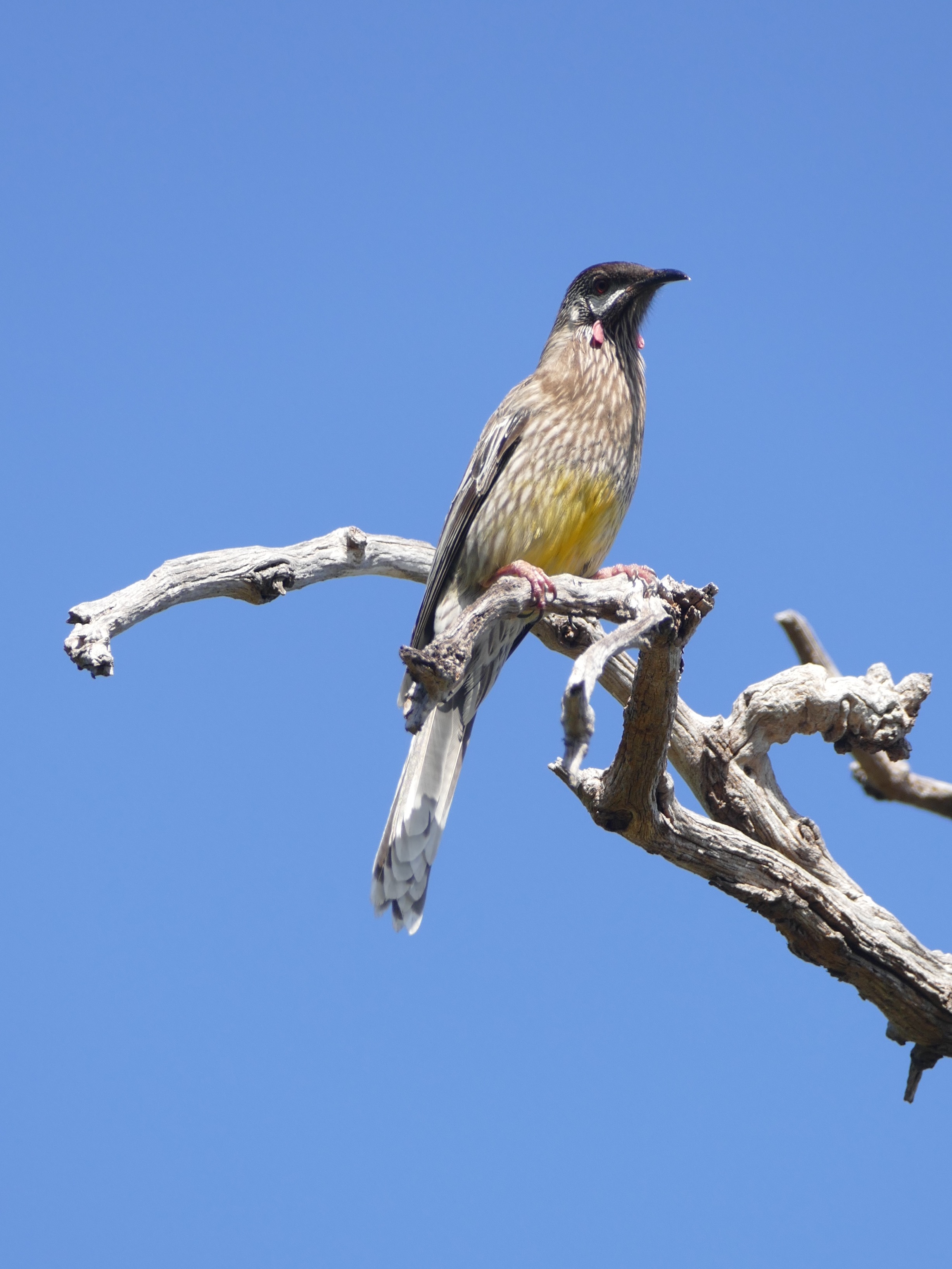
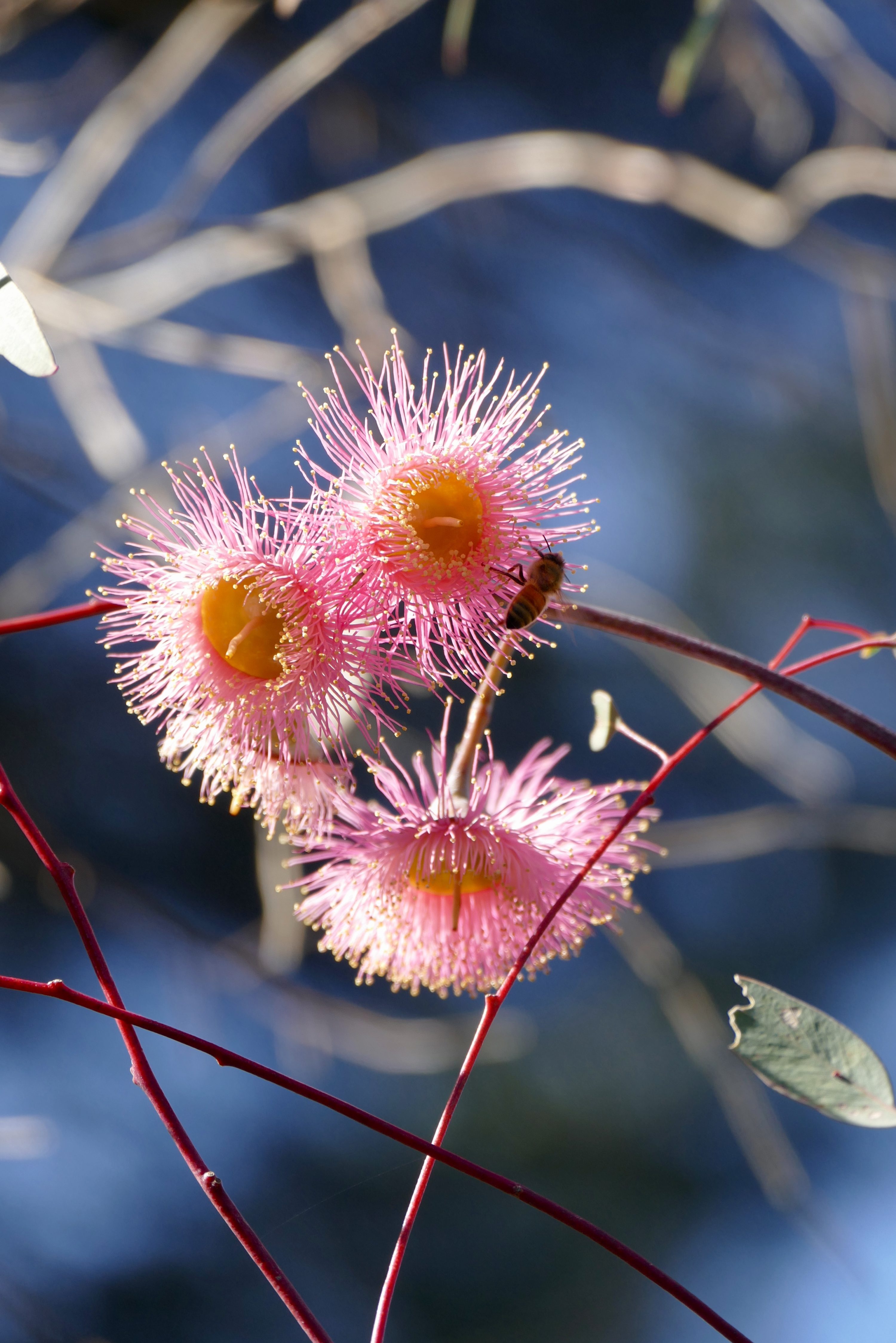
Not all current colourbusts come from floral or avian sources.
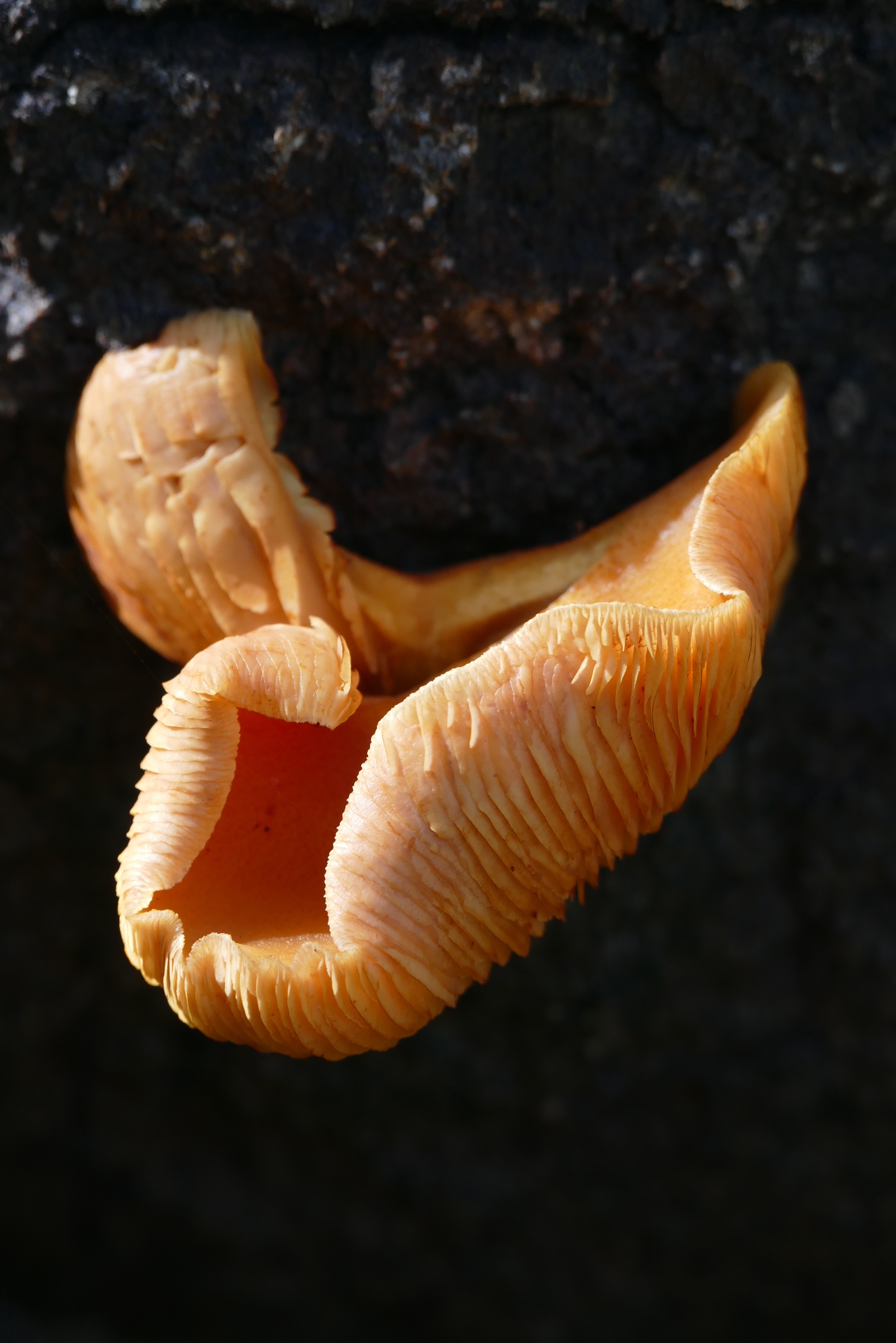
From Karrakatta railway station, Hollywood Reserve is just a short, interesting walk across Karakatta Cemetery. On the Reserve’s other side is the War Cemetery. Hampden Road’s cafes, buses etc are another, short and pleasant walk away.
